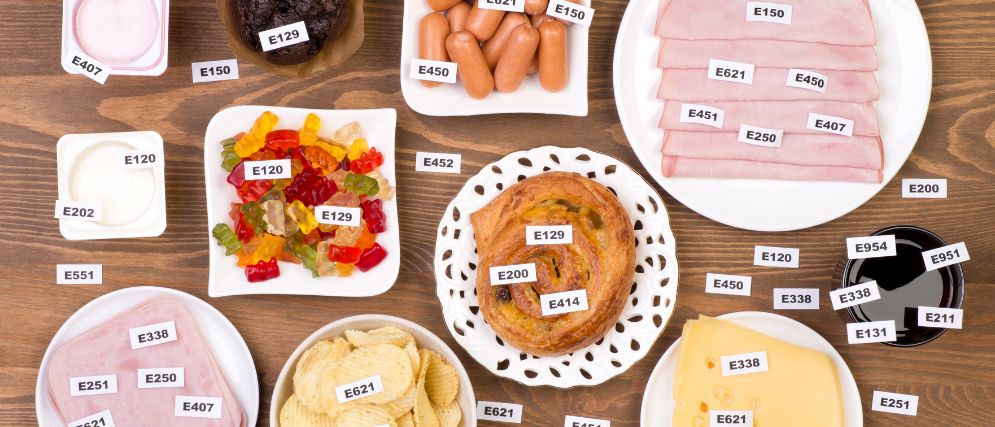We don’t know exactly how it was in the beginning, when people were first created, we weren’t there. But from the Bible, we know that Adam and Eve, when they lived in the Garden of Eden, had all kinds of good food at their disposal! Genesis 2:9 (NKJV) says that “out of the ground the Lord God made every tree grow that is pleasant to the sight and good for food!” It was almost certainly healthy. It was simple, too – they just had to go and pluck it and eat it – and at no monetary cost. The Bible is not primarily a science book, still what it says is true!
What Almost Certainly Didn’t Happen
The following imaginary story is almost certainly what didn’t happen in the beginning.
Over time, God explained to Adam and Eve how the world works, and how they could best survive on this globe that they were entrusted with. (So far, I could think this may very well be true.)
One day the topic for discussion came to the subject of food.
God says: “OK, Adam and Eve, here are all the different kinds of plants in the garden; they are to be food for you.”
Adam says, “But, Lord, how are we going to preserve the food that we pluck from the trees, so it stays good for longer? We need something to put in/on our food to keep it from spoiling!”
“Ok,” says God. “I understand. I see I need to give you some chemistry lessons! There’s a chemical called ‘calcium propionate’ that you can use to preserve your food. That will make it last longer.
“You won’t need this right away, but whenever your descendants come to the time when they process grains of wheat and take away all the fiber and germ, then turn it into cold cereal and put it in boxes, what you will need is butylated hydroxytoluene to preserve freshness.
“Also don’t forget EDTA, ethylenediaminetetraacetic acid. It’s a chelating agent that will help to prevent oxidation. It will help keep your canned goods and sauces from turning rancid.
“There will also be potassium sorbate, sorbic acid, benzoic acid, sodium benzoate, potassium benzoate, ethyl p-hydroxybenzoate, and sulfur dioxide.”
“That sounds really confusing,” Eve chimes in. “But I like my food to look really beautiful, more beautiful than it naturally is. Lord, I know the food you have made is very ‘pleasant to the eyes,’ but is there something I can do to make it look even better?”
God: “For sure. I understand! For starters – this is for some time in the future – there will be these chemicals that people will call Red #2 and Red #40. They will be made from petroleum, and will give red food an even redder look. There will also be Yellow #5 and Yellow #6 for the yellow foods to make them yellower.
“Also there’s canthaxanthin, another reddish/orange dye…and anthocyanins, calcium carbonate, titanium dioxide…”
“Enough, enough!” cries Eve. “I’ll never remember all that!”
“OK. Alternatively,” God says, “You can just believe that I have planned that the food I have made for you here in the garden is perfect just the way it is. You can pick it and eat it and enjoy it, without adding anything to it. You’ll be just fine!”
Clearly…
This story never happened!
Am I a “purist,” who only eats things exactly as God originally made them? No, I’m not. We don’t live in the Garden of Eden!
However, if we have a choice, should we eat food as nearly to the way it is found in nature as we can? In many cases, it makes a lot of sense. Some foods should probably be cooked, I assume… In my opinion, a little bit of dye, preservative, etc., probably doesn’t matter. That’s just my opinion! Everything doesn’t need to be “organically grown.” You may believe that it should, I’m not going to say you shouldn’t think that, I’m for sure not the expert!
But should we consider how it was from the beginning when we choose the food we eat if we want to be “simply healthy?” I think so! It’s often the most budget-friendly approach as well.
Conclusion
If you have any thoughts or questions relating to the content of this post, please feel free to share them in the comments section below.

